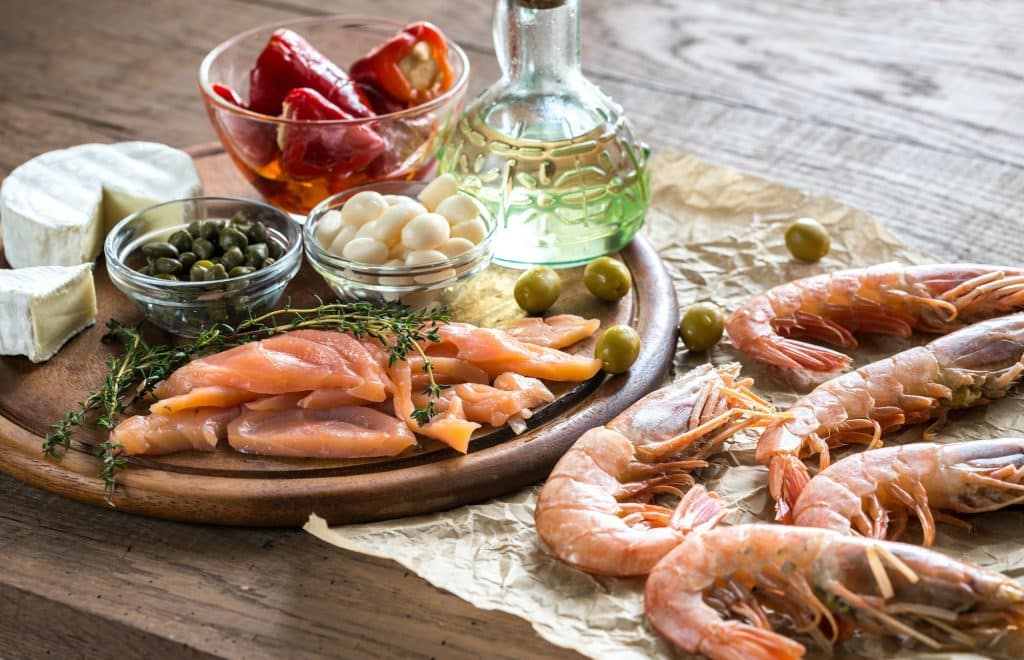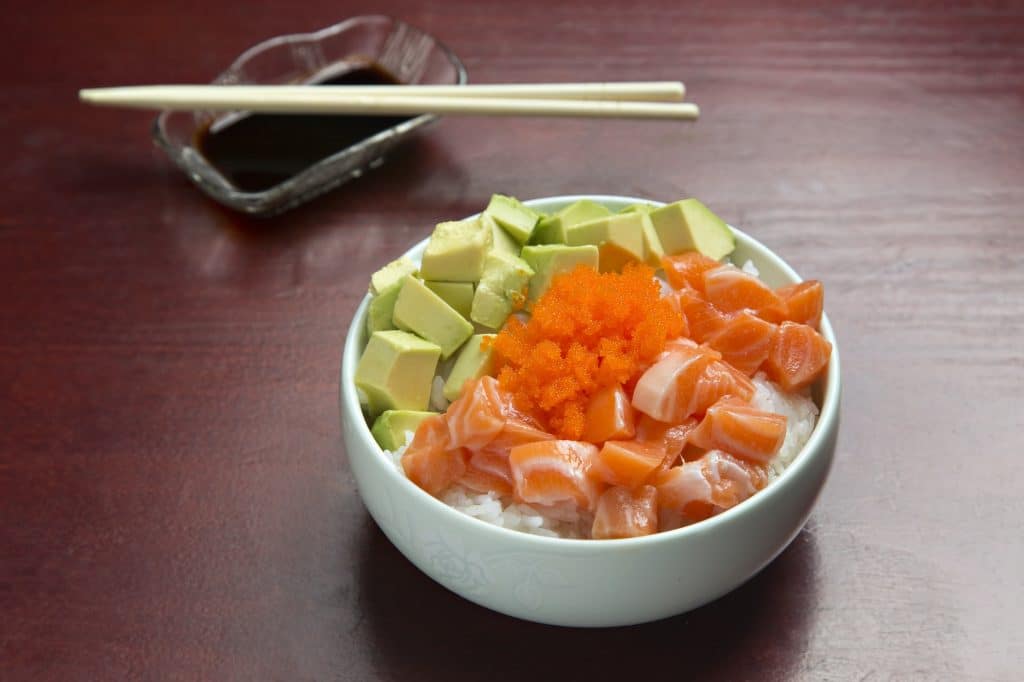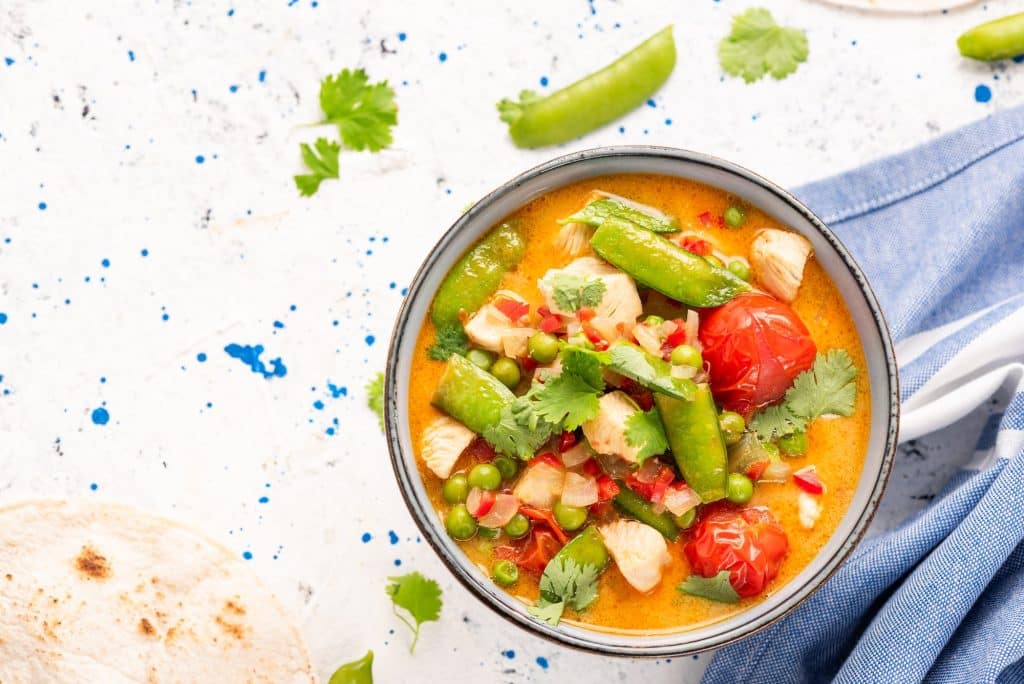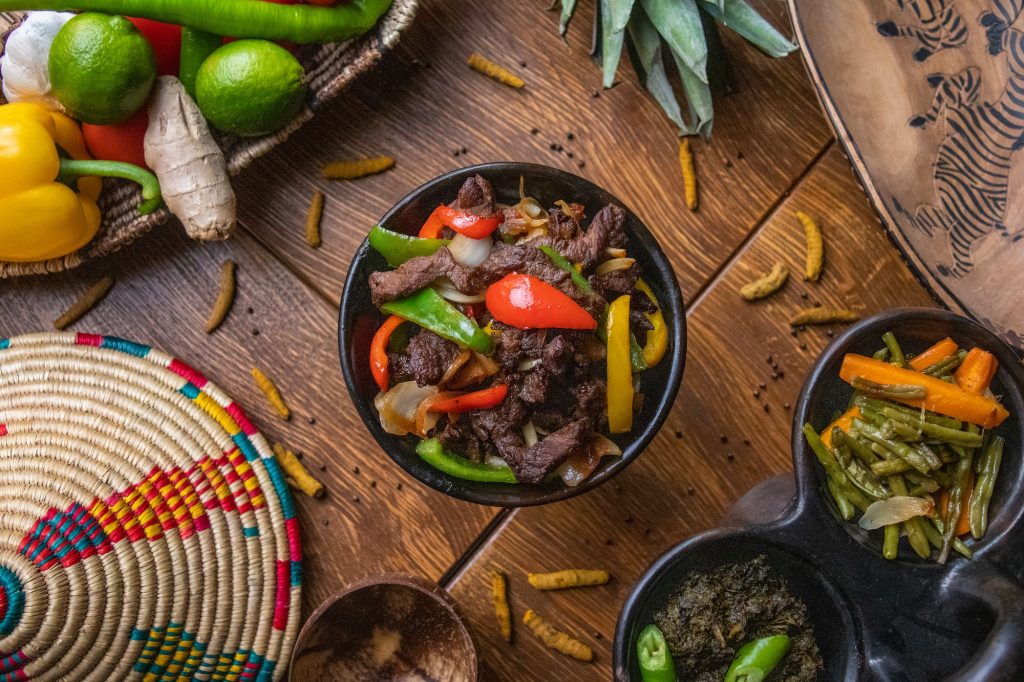Cultural diets have long been a source of fascination and inspiration for those seeking a healthy lifestyle. From the olive groves of the Mediterranean to the bustling fish markets of Japan, various cultures offer unique approaches to nutrition and well-being. These diets, rich in tradition and flavor, often align with modern nutritional guidelines, promoting heart health, weight management, and overall vitality. In this exploration, various cultural diets that have been embraced for their health benefits will be examined, providing insights into diverse culinary practices that encourage healthy eating.
Contents
Mediterranean Diet

The Mediterranean diet, originating from countries bordering the Mediterranean Sea, is renowned for its emphasis on fresh, wholesome ingredients. Olive oil, fish, fruits, and vegetables form the core of this diet, providing essential nutrients and antioxidants. Whole grains, nuts, and legumes add fiber and protein, creating a balanced nutritional profile. The Mediterranean diet’s focus on heart-healthy fats and lean proteins has been linked to reduced risks of heart disease and obesity.
A lifestyle rather than just a diet, the Mediterranean approach encourages enjoying meals with family and friends, savoring each bite, and engaging in regular physical activity. The combination of quality ingredients and a mindful approach to eating has made this diet a model for healthy living. Its principles are easily adaptable, allowing individuals to incorporate these healthy habits into their daily lives, regardless of their cultural background.
Nordic Diet

The Nordic diet, originating from countries such as Denmark, Finland, Iceland, Norway, and Sweden, emphasizes local, seasonal produce and sustainable fishing practices. Whole grains, berries, fish, and root vegetables are staples, providing a nutrient-dense and environmentally-conscious approach to eating. Rich in omega-3 fatty acids from fish and antioxidants from berries, the Nordic diet supports heart health and may reduce inflammation.
Similar to the Mediterranean diet, the Nordic diet promotes a holistic approach to well-being. Physical activity, mindful eating, and enjoying meals in a communal setting are integral to this lifestyle. The focus on local and seasonal ingredients not only enhances flavor but also supports sustainable agriculture and fishing practices, aligning with a growing global emphasis on environmental responsibility.
Japanese Diet

The Japanese diet is a testament to the art of simplicity and balance. Seafood, rice, vegetables, and fermented foods form the foundation of this diet, providing a diverse array of nutrients and flavors. The emphasis on fresh, minimally processed ingredients ensures that the natural taste and nutritional value are preserved. Portion control and the aesthetic presentation of meals are also central to Japanese culinary traditions, reflecting a mindful approach to eating.
In Japan, longevity and low obesity rates are often attributed to dietary habits. The consumption of fish rich in omega-3 fatty acids, along with a variety of vegetables and fermented foods like miso, contributes to overall health. The Japanese diet’s principles of balance, portion control, and appreciation for natural flavors offer valuable lessons for anyone seeking to enhance their nutritional well-being, regardless of cultural background.
Indian Vegetarian Diet

Indian vegetarianism is a rich and diverse dietary practice that emphasizes lentils, spices, vegetables, and whole grains. The combination of these ingredients creates flavorful and nutrient-dense meals that are high in fiber and low in saturated fats. Spices such as turmeric, cumin, and coriander not only add depth to the dishes but also possess medicinal properties. The Indian vegetarian diet aligns with Ayurvedic principles, promoting balance and well-being.
The adaptability of Indian vegetarianism allows for variations to suit individual preferences and nutritional needs. Dairy products, nuts, and seeds can be included for additional protein and healthy fats. The focus on plant-based ingredients supports environmental sustainability and offers a compassionate approach to eating. This diet’s principles can be embraced by anyone seeking to explore the richness of vegetarian cuisine, regardless of cultural background.
Ethiopian Diet

Ethiopian cuisine offers a unique blend of flavors and textures, with a focus on teff, vegetables, and lean meats. Teff, a gluten-free grain rich in minerals and protein, is the primary ingredient in injera, a sourdough flatbread that accompanies most meals. Stews made with lentils, chickpeas, and various meats are often served alongside, providing a balanced and satisfying meal. The Ethiopian diet’s emphasis on communal eating fosters a sense of connection and enjoyment.
The Ethiopian diet’s principles align with modern nutritional guidelines, emphasizing whole grains, lean proteins, and a variety of vegetables. The use of spices such as berbere adds complexity and heat to the dishes, enhancing flavor without relying on excessive fats or sugars. The Ethiopian diet offers a unique culinary experience that can be adapted and enjoyed by those seeking to explore African flavors and healthy eating practices.
Brazilian Diet

Brazilian cuisine is a vibrant fusion of indigenous, African, and European influences, reflecting the country’s diverse cultural heritage. Staples such as beans, rice, tropical fruits, and cassava form the foundation of this diet, providing balanced nutrition and rich flavors. Traditional dishes like feijoada, a black bean stew with pork, showcase the Brazilian approach to comfort food that is both satisfying and nutritious.
The Brazilian diet emphasizes fresh, locally sourced ingredients, aligning with a farm-to-table philosophy. The abundance of tropical fruits provides essential vitamins and antioxidants, while the use of lean meats and legumes ensures adequate protein intake. The Brazilian diet’s focus on whole foods and traditional cooking methods offers a flavorful and wholesome approach to eating that can be embraced by those seeking to explore South American culinary traditions.
Native American Diet

The Native American diet, rooted in the indigenous cultures of North America, emphasizes maize, beans, squash, and wild game. Often referred to as the “Three Sisters,” maize, beans, and squash are grown together, supporting each other’s growth and providing a balanced nutritional profile. Wild game such as bison and venison offers lean protein, while foraged foods like berries and nuts add variety and nutrients.
The Native American diet’s principles reflect a deep connection to the land and a sustainable approach to agriculture and hunting. The focus on seasonal and locally sourced ingredients ensures freshness and aligns with environmental stewardship. The Native American diet offers valuable insights into traditional foodways that honor the earth and promote health, providing inspiration for those seeking to connect with indigenous wisdom and sustainable eating practices.
Personalized Cultural Diets

Personalized cultural diets recognize the importance of individual needs, preferences, and heritage in shaping healthy eating habits. By exploring and adapting various cultural diets, individuals can create a personalized approach that resonates with their unique lifestyle and nutritional requirements. This personalized approach encourages mindfulness and intentionality in choosing foods that nourish both body and soul. It allows for a flexible and enjoyable eating experience that honors individuality.
The emphasis on personalized cultural diets reflects a growing awareness of the complexity of nutritional well-being. It recognizes that there is no one-size-fits-all solution and encourages a thoughtful exploration of various culinary traditions. By embracing the richness of global cuisines and adapting them to personal needs, individuals can create a fulfilling and health-promoting dietary practice that reflects their unique identity and values.
Try Embracing These Cultural Diets!
The exploration of cultural diets offers a rich tapestry of flavors, traditions, and nutritional wisdom. From the communal feasts of Ethiopia to the balanced simplicity of Japan, each culture provides unique insights into healthy eating and well-being. Embracing these diverse culinary practices encourages a global perspective on nutrition, recognizing the interconnectedness of food, culture, and health. Whether exploring traditional indigenous diets, creative fusion cuisines, or personalized adaptations, the journey through cultural diets invites a mindful and joyful approach to eating.


